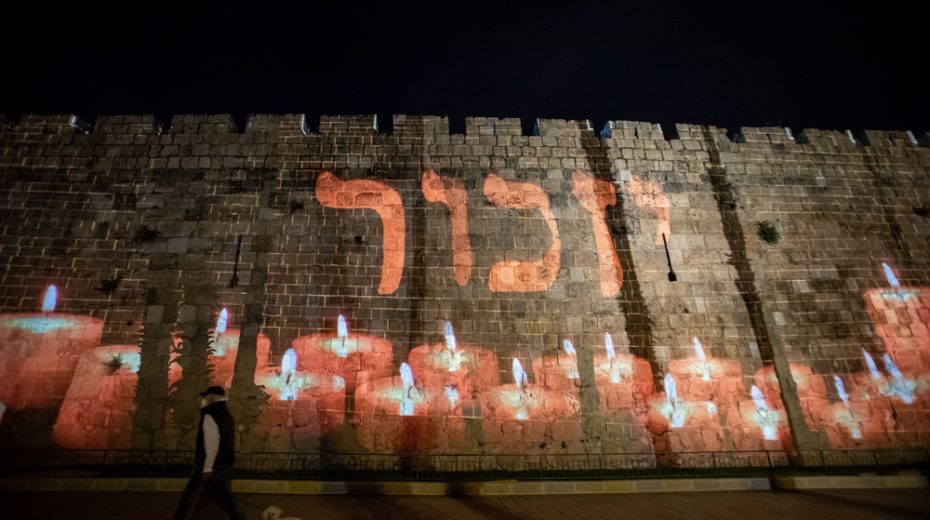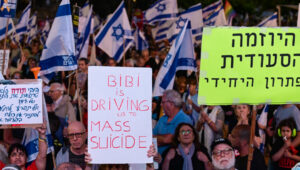Parashat Shemini: Leviticus 9-11
Now Nadab and Abihu, the sons of Aaron, each took his censor and put fire in it and laid incense on it and offered unauthorized fire before the Lord, which he had not commanded them. And fire came out from before the Lord and consumed them, and they died before the Lord. Then Moses said to Aaron, “This is what the Lord said: ‘Among those who are near me I will be sanctified, and before all the people I will be glorified.’” And Aaron held his peace.
This is a story that deals with burnt offerings and the dedication of the Tabernacle. It’s the first time that the commandment of making sacrifices in the Tabernacle is to take place. The holiest place is intended to be the point of connection between man and God. Aaron and his sons were to learn the ceremonial acts and sacrificial procedure thoroughly, preserving the holiness of such engagement with the Almighty. What a joyous occasion it is that God is present with His people.
Within this joy arose a problem; a sudden turn of events. Two of Aaron’s sons, Nadab and Abihu, decided to add another incense and sacrificed an additional offering, which was not commanded of them. The Torah refers to this as “unauthorized fire,” which is a serious offense. It led to the deaths of Nadab and Abihu.
One lesson that can be taken from these verses is that joy and grief are often interconnected, sometimes occurring simultaneously. This is especially applicable to the current season we are in as we transition from Holocaust Remembrance Day and Yom HaZikaron (Memorial Day) to Independence Day. We begin by mourning our loved ones that perished in the horrors of the Holocaust and remembering the 23,816 soldiers that gave their lives fighting for the Jewish homeland. In a sudden transition from grief to joy we then celebrate the triumphant victory of Israel’s independence after 2,000 years of exile.
Unfortunately, I think that many are able to relate with Aaron in this situation. He began the story with a glorious moment—the dedication of the Tabernacle and instituting the holy meeting point between man and God. Not long after, his whole world turned upside down and he lost his two sons.
We would expect a great outcry from Aaron following such a tragedy, an outburst of weeping and sorrow over having to bury his own two sons. However, he does the exact opposite of what we would expect. He doesn’t respond and not a word comes out of his mouth.
It appears that Aaron understands that nothing can be said or done to bring back his beloved sons. He knows that nothing will help him understand why this had to happen. But he’s confident that God is sovereign and that His ways are mysterious. Therefore, he does not succumb to endless questions trying to decipher what cannot be grasped. Despite his longing, Aaron accepts God’s judgement and sovereignty.
As human beings, we struggle with the fact that there isn’t a precise answer for everything. Because of this, after any kind of tragic event, we look for the right words that will have the power to strengthen spirits and to provide comfort. We seek to break the silence.
Sometimes we must simply accept that there aren’t always words that will help heal our pain. No heart-felt words or thought-provoking movies will help us understand why the Holocaust took place. The only way to overcome pain is to cope with it directly. It’s one of the most difficult tasks for people to do, but it’s the only way we can heal our pain.
I would like to close with a song written by the famous Israeli singer, Zohar Argov:
Some things are hidden
We will not understand, nor know
We will also do things
Seemingly for no reason at all
Not everything must be explored and questioned
Sometimes you’re allowed
Not to know everything















